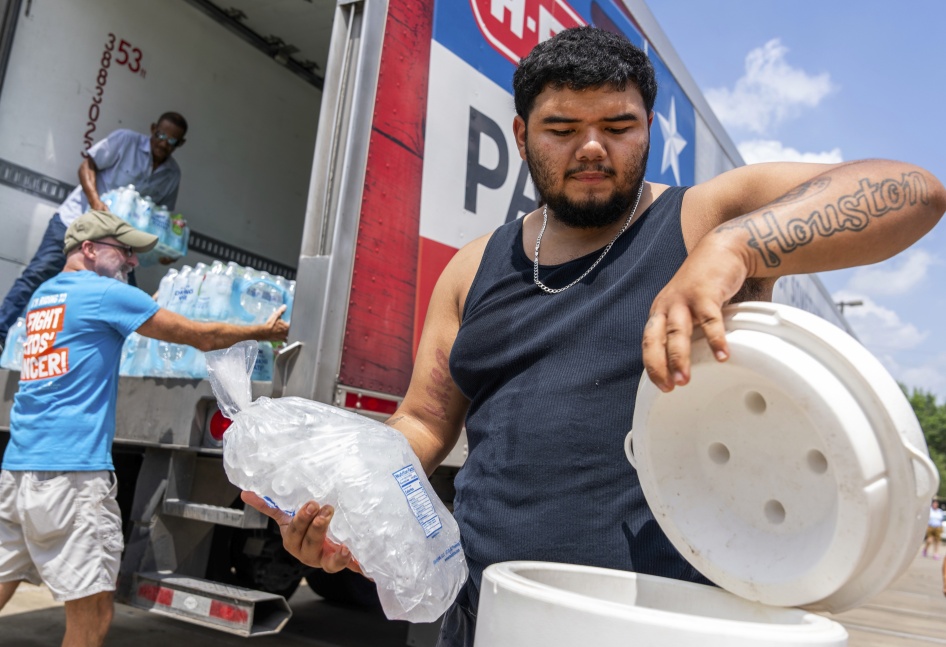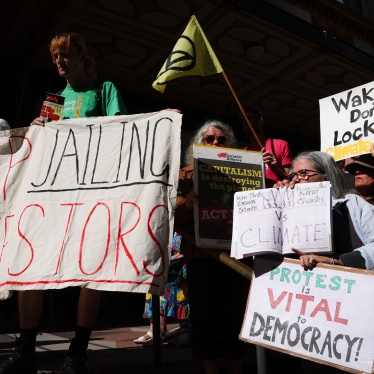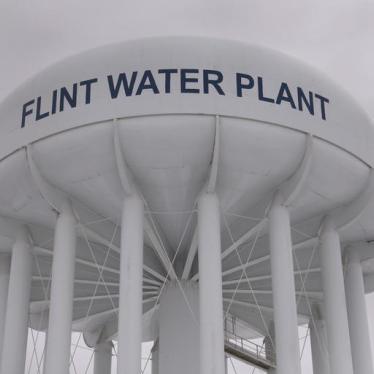The United States is currently experiencing a heat dome, with temperatures soaring to 122 degrees Fahrenheit (50 degrees Celsius) in some western states and remaining high overnight. Heat domes are high-pressure systems of extreme heat that will become increasingly common and more severe as the global climate crisis accelerates.
Nearly 31 million people live under the current US heat dome. While everyone is at risk of heat-related illness and death, people with disabilities, older people, pregnant people, people living in poverty, and people spending more time outdoors, such as people experiencing homelessness and migrant workers vulnerable to rights-violating work environments, are particularly at risk. Heat waves remain the deadliest climate-related weather pattern in the US.
Intersecting with these at-risk groups, people of color are also more likely to live in areas most affected by extreme temperatures. Systemic racism already results in unequal harm to low-income communities of color, and generations of housing and city planning discrimination have led to these communities, in nearly every major US city, living in neighborhoods that disproportionality trap and exacerbate heat.
Structural inequities create circumstances in which low-income communities of color have less ability to mitigate the impacts of heat waves and cool off. Low-income communities have disproportionately less tree cover and shade and less access to air conditioning and the ability to use it, in part because of utility costs. Systemic racism has left communities of color with inequitable healthcare access and heightened rates of diseases that also increase risk of heat-related harm.
Federal, state, and local governments can adopt immediate responses to address these inequities. For instance, the Federal Emergency Management Agency should classify extreme heat and wildfire smoke as “major disasters,” which would make federal funds available to respond to heat waves, including by providing cooling facilities, water, and generators for air conditioning.
It's also critical to mitigate the severity of future heat domes by confronting use of fossil fuels. Fossil fuels are the primary driver of the climate crisis and the source of extensive human rights harms, which are disproportionately borne by communities of color. State and local governments should hold the fossil fuel industry accountable by requiring companies to pay for climate-related damage, as Vermont has recently done and Multnomah County is attempting in Oregon.
To uphold their human rights obligations and mitigate harm from extreme heat, governments need to rapidly phase out fossil fuels and work to remedy structural inequity.










